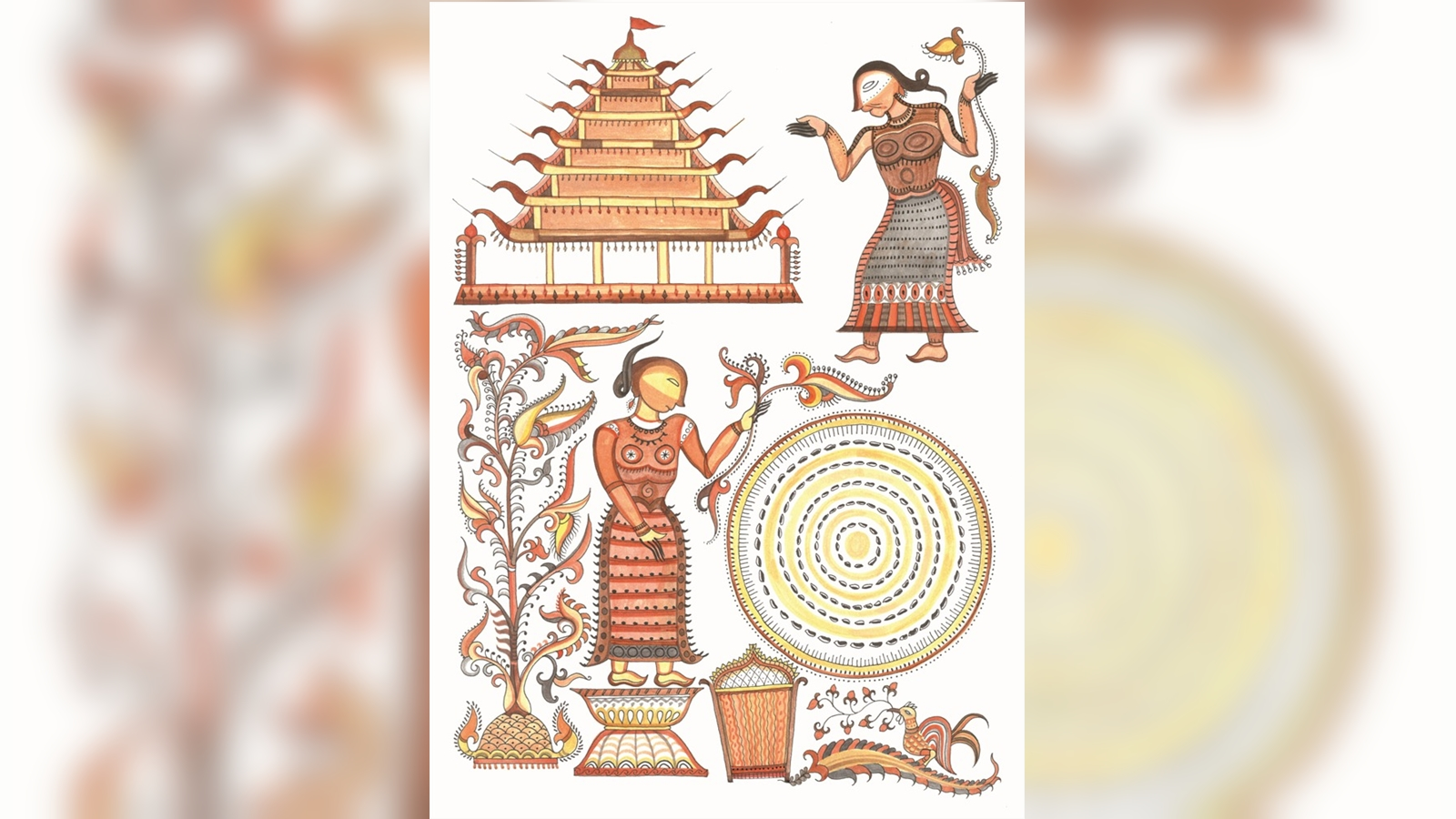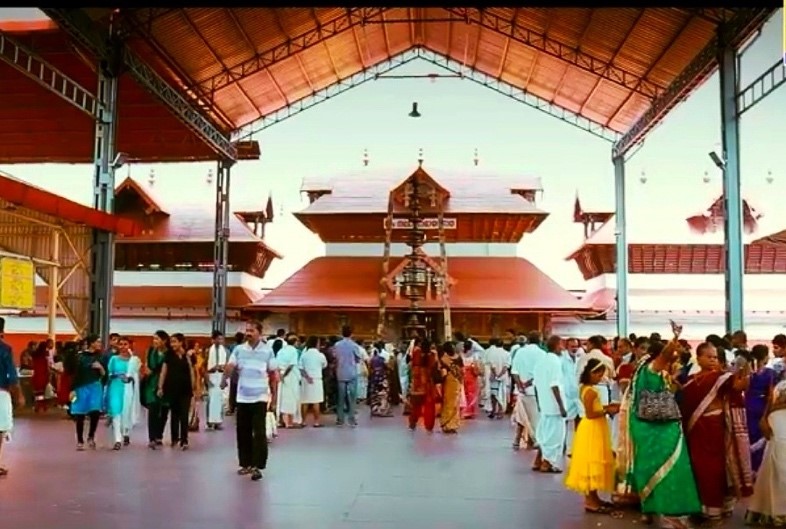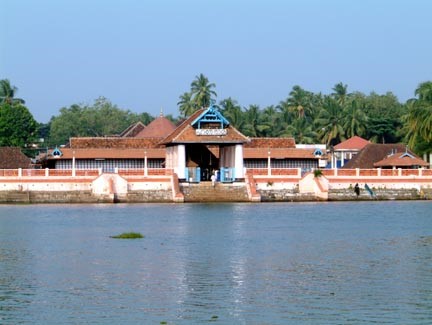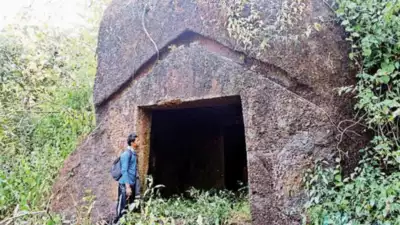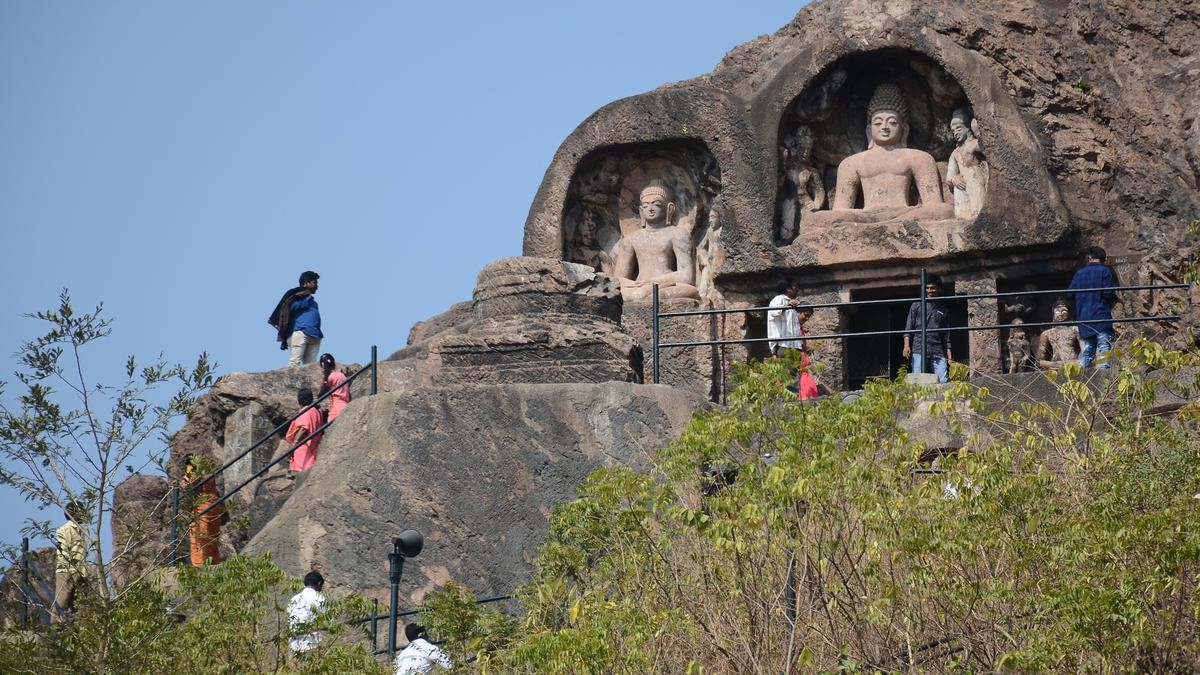Description
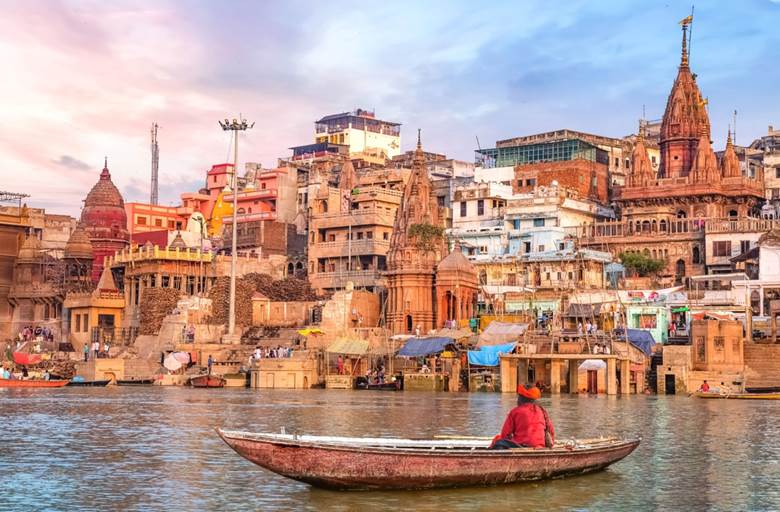
Copyright infringement not intended
Context: The city of Varanasi has been nominated as the first-ever SCO Tourism and Cultural Capital during the period 2022-2023 at the 22nd Meeting of Shanghai Cooperation Organization (SCO) Council of Heads of State in Samarkand, Uzbekistan on September 16, 2022.

Details:
- The nomination of Varanasi as the first ever SCO Tourism and Cultural Capital will promote tourism, cultural and humanitarian exchanges between India and the SCO member Countries. It also underlines India’s ancient civilizational links with Member States of SCO, especially the Central Asian Republics.
- Under the framework of this major cultural outreach program, a number of events will be hosted in Varanasi during 2022-23, for which guests will be invited to participate from SCO Member States.
- These events are expected to attract Indologists, scholars, authors, musicians and artists, photo journalists, travel bloggers and other invited guests.
- The regulations for nomination of the SCO Tourism and Cultural Capital were adopted at the Dushanbe SCO Summit in 2021 with an objective of promoting cooperation between the SCO Member States in the field of culture and tourism.
- Varanasi is in southeastern Uttar Pradesh state. It is located on the left bank of the Ganges (Ganga) River and is one of the seven sacred cities of Hinduism.
- It is one of the oldest continuously inhabited cities in the world. Its early history is that of the first Aryan settlement in the middle Ganges valley.
- Varanasi was the capital of the kingdom of Kashi during the time of the Buddha (6thcentury BCE), who gave his first sermon nearby at Sarnath.
- The city remained a centre of religious, educational, and artistic activities as attested by the celebrated Chinese Buddhist pilgrim Xuanzang, who visited it in about 635 CE.
- Varanasi subsequently declined during three centuries of Muslim occupation, beginning in 1194.
- Varanasi became an independent kingdom in the 18thcentury, and under subsequent British rule it remained a commercial and religious centre.
- In 1910, the British made Varanasi a new Indian state, with Ramnagar (on the opposite bank) as headquarters but with no jurisdiction over the city of Varanasi.
- In 1947, after Indian independence, the Varanasi state became part of the state of Uttar Pradesh.
https://www.pib.gov.in/PressReleasePage.aspx?PRID=1859964








